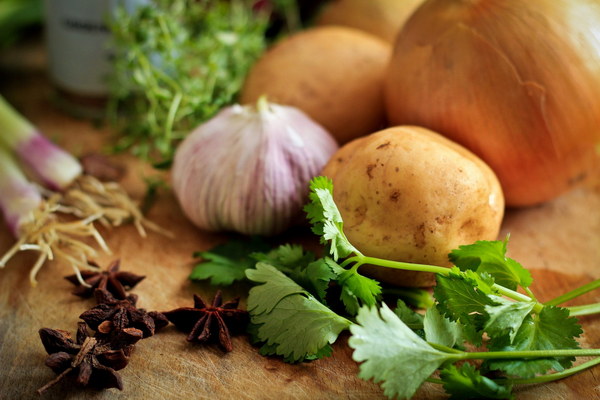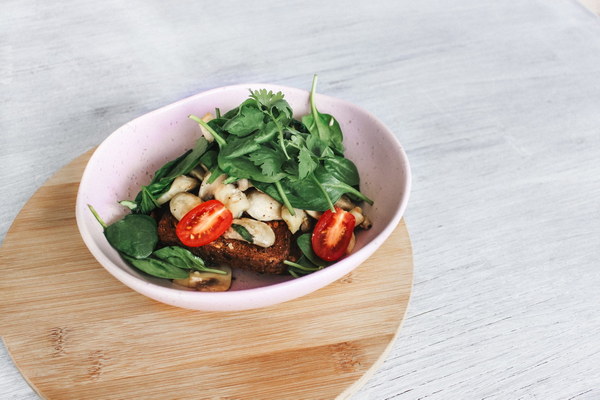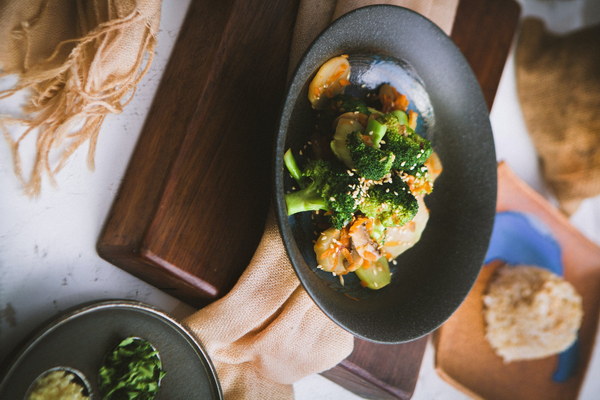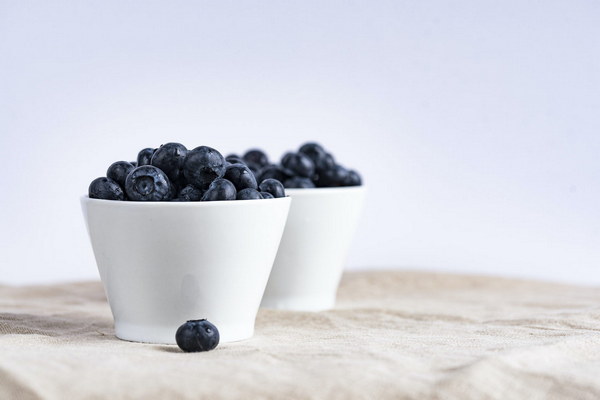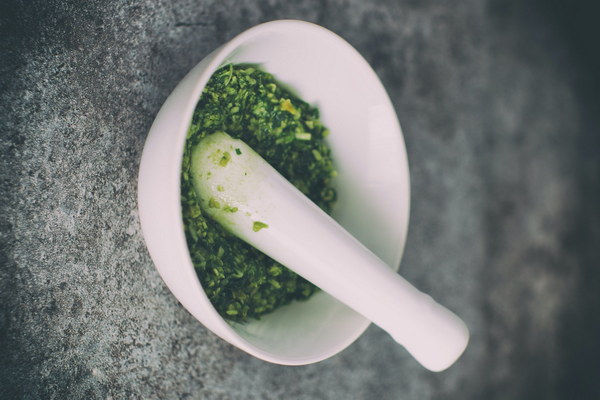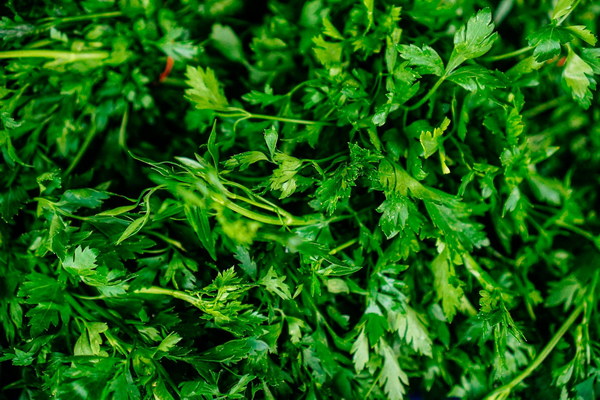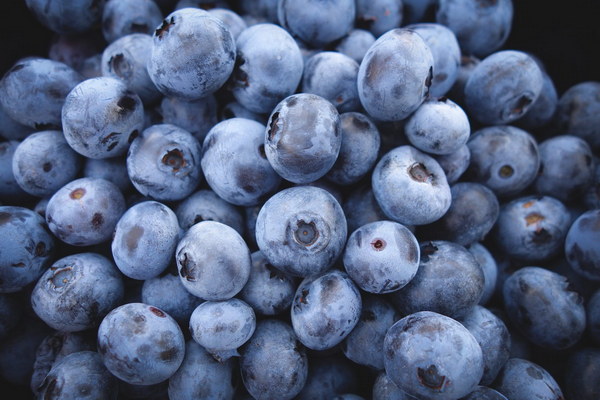Natural Relief Unveiling the Herbs in Traditional Moisture-Expelling Cool Tea Remedies
In the realm of traditional Chinese medicine, moisture-expelling cool tea remedies have long been cherished for their ability to alleviate dampness and cool the body. These herbal teas are not only refreshing but also packed with therapeutic properties that can address a variety of ailments. Let's delve into the world of these natural remedies and explore the herbs that make up the heart of traditional moisture-expelling cool tea.
The Concept of Dampness in Traditional Chinese Medicine
In TCM, dampness is considered an internal pathogen that can lead to a host of health issues. It is believed to arise from an imbalance in the body's Yin and Yang, often resulting from poor diet, excessive moisture, or environmental factors. Symptoms of dampness include fatigue, weight gain, bloating, poor digestion, and general discomfort. Cool tea remedies aim to expel this excess moisture and restore balance.
Key Herbs in Moisture-Expelling Cool Tea Remedies
1. Hou Po (Magnolia Bark)
Hou Po is a key ingredient in moisture-expelling cool tea. It has a sweet, spicy flavor and is known for its ability to dry dampness and relieve bloating. The bark of the magnolia tree is also used in cooking to add a unique aroma to dishes.
2. Fu Ling (Poria)
Fu Ling is a mushroom-like herb that is highly valued for its moisture-absorbing properties. It helps to drain dampness from the body, strengthen the spleen, and improve digestion. It is often used in conjunction with other herbs to enhance their effectiveness.
3. Bai Zhu (Atractylodes Macrocephala)
Bai Zhu is another herb commonly found in moisture-expelling cool tea. It is known for its ability to strengthen the spleen and stomach, as well as to expel dampness. This herb is often recommended for those suffering from chronic fatigue or digestive issues.
4. Chuan Niu Xi (Chinese Wild Yam)
Chuan Niu Xi is a root that has been used for centuries in TCM to expel dampness and relieve joint pain. It is also believed to improve blood circulation and support kidney health.
5. Fu Zi (Aconite Root)
While not commonly used in moisture-expelling cool tea due to its toxicity, Fu Zi is sometimes included in smaller quantities to enhance the formula's effectiveness. It is a powerful herb that can expel cold dampness and relieve pain, but it must be used with caution.
Preparation and Usage
Moisture-expelling cool tea is typically prepared by boiling the herbs in water and allowing them to steep. The tea can be consumed hot or cold, depending on personal preference. It is important to follow the specific instructions provided by a TCM practitioner, as the dosage and combination of herbs can vary based on individual needs.

Potential Benefits
In addition to expelling dampness, moisture-expelling cool tea remedies may offer the following benefits:
- Improving digestion
- Reducing bloating and weight gain
- Increasing energy levels
- Enhancing the body's ability to cope with stress
- Promoting overall health and well-being
Conclusion
Moisture-expelling cool tea remedies are a testament to the wisdom of traditional Chinese medicine. By harnessing the power of natural herbs, these teas can provide relief from the symptoms of dampness and contribute to a healthier, more balanced lifestyle. As always, it is best to consult with a qualified TCM practitioner before starting any new herbal regimen.
